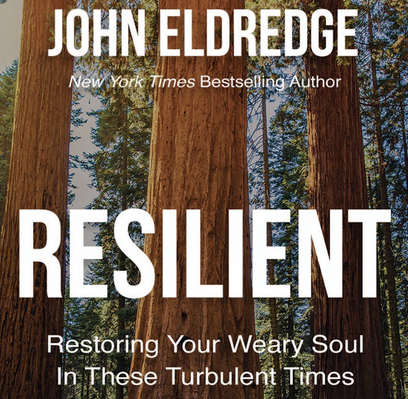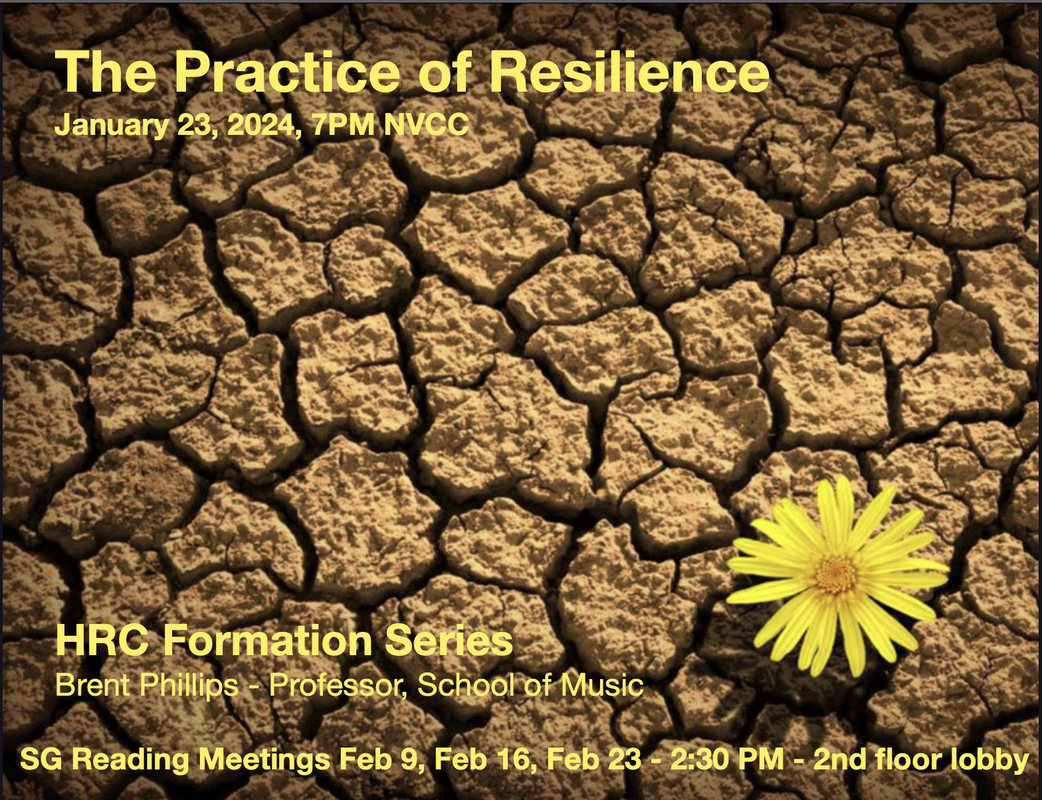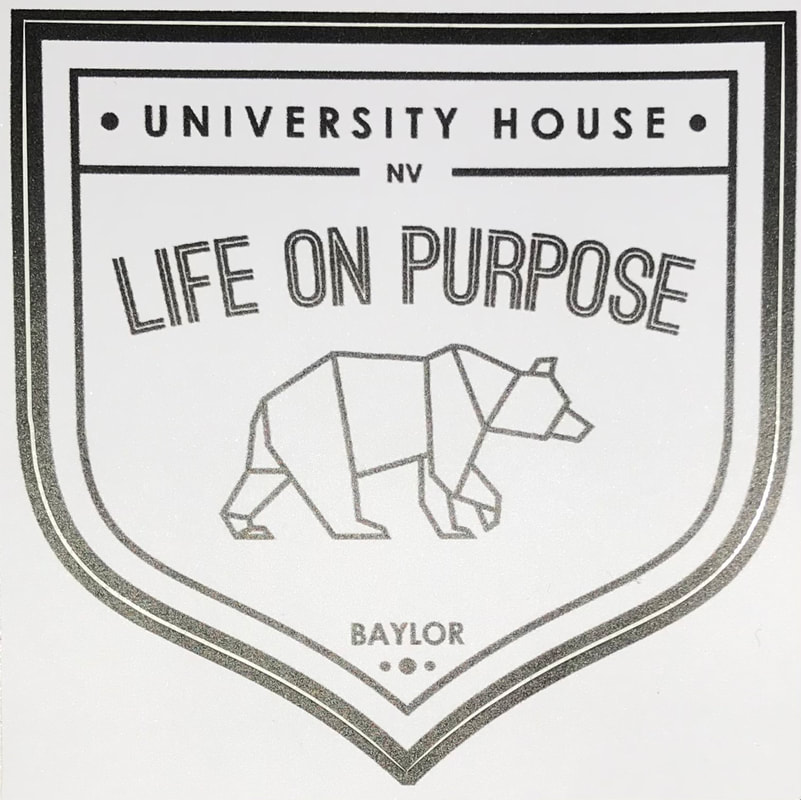Friday, February 9th 2:30 PM - University House 2nd floor lobby
Friday, February 16th 2:30 PM - ''
Friday, February 23rd - 2:30 PM - ''
We will read through the first two chapters for this Friday, February 9th, and discuss our thoughts and talk about anything in the Formation Series lecture that peaked your interest. We will meet at 2:30 PM in the second floor University House lobby. I have 17 books - so sign up today!



